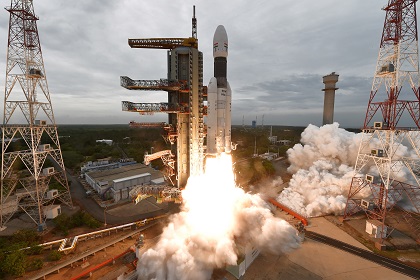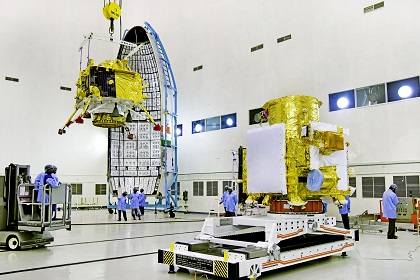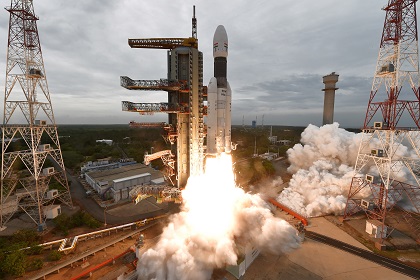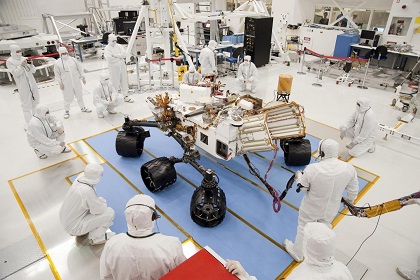India’s hibernating space launch sector
The Indian administration enacted much-needed space reforms in 2020, paving the way for a private space industry in the country. However, the COVID-19 pandemic has suspended space launch activities in the country. The Department of Space must remove these redundancies to make India’s space launch centers and spaceports market-oriented and ready for commercial, military, civilian, and experimental space launches.










